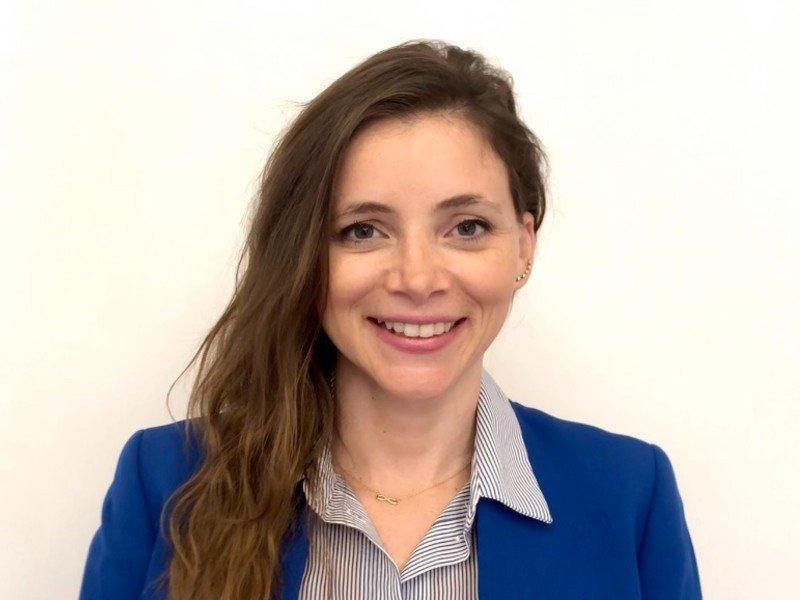Dr. Myriam El Khoury Malhame, Assistant Professor of Psychology
Addressing the mental health situation in Lebanon.

As a psychologist I acknowledge that the massive unprecedented changes in 2020 have amplified stress by increasing environmental demands (new online teaching modalities, homeschooling and uncertainties) and shrinking our resources (finances, time and connections). And as a neuroscientist I also know that our perception of this imbalance can impact our brains either positively or negatively.
So, to adapt, as a working mom of two, I scheduled my days to minimize demands and maximize resources. It took a village to maintain a semblance of normalcy/sanity: my husband’s upgrade to colleague ever more helpful with our daughters’ online classes; my mother’s and in-law’s cooking sustaining us in the chaos of rushing from class to clinic; coffee and chocolate refueling; and virtual happy hours with friends and colleagues.
The major challenge was to accommodate for rising academic needs and depleted financial allocations, lesser chore-free time and heightened clinical demands.
I reoriented my research to the psychological impact of the political unrest, COVID-19 and the Beirut explosion, to better understand, and later attend to, our mental health situation in Lebanon. I further squeezed my 24-hour marathon to deliver webinars on stress management and the potential for growth in our new reality, and as of August, to use my trauma expertise to support frontline rescuers after the port blast, in addition to a year-long commitment with Intisar Foundation and Embrace NGO to provide free PTSD relief to women impacted by the explosion (please reach out if need be).
What I tried to transmit to my students and clients, to stay motivated while on the roller-coaster of our emotions, was to invest in new ones, in actions (to help Lebanon rise again) and in relations (we are in this together).